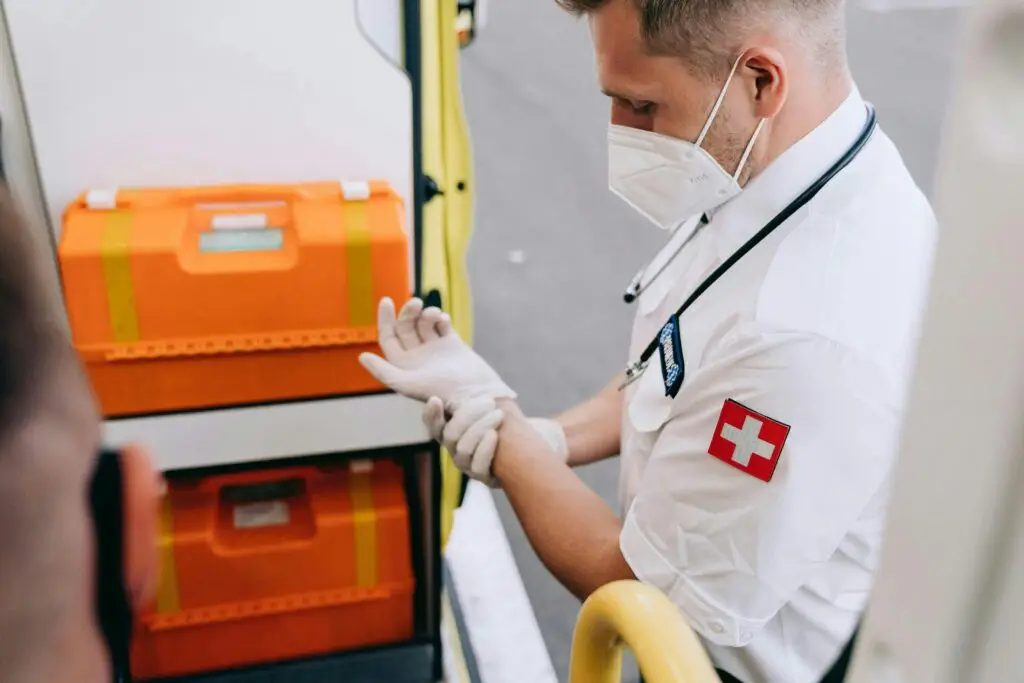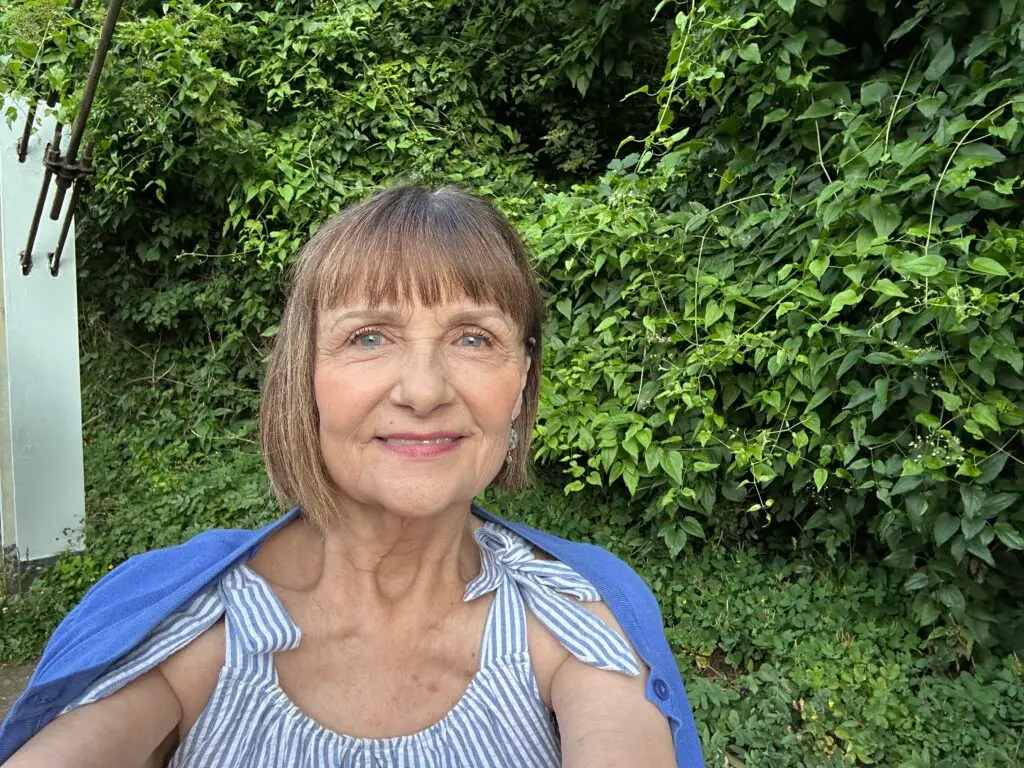Switzerland is a dream destination for many doctors—high salaries, top-tier healthcare, and a work-life balance that actually exists. The country’s postcard-perfect landscapes don’t hurt either. But before you pack your bags for Zürich or Geneva, there’s one big question: Do you need French to work as a doctor in Switzerland?
Maybe you thought you could get away with just German. After all, most Swiss speak it, right? Not so fast. Switzerland is a multilingual maze, and depending on where you start, French might be unavoidable at some point in your career. Let’s break it down.
Swiss Cantons & The Language Puzzle: Where Do Foreign Doctors Actually Need French?
Switzerland is tiny, but its linguistic complexity is huge. The country is split into four language regions, and your job opportunities depend on where you’re applying.
🇩🇪 German (65%) – Zürich, Bern, Basel, St. Gallen, Lucerne. Most medical jobs are here.
🇫🇷 French (25%) – Geneva, Vaud, Neuchâtel, Fribourg. You’ll absolutely need French.
🇮🇹 Italian (8%) – Ticino. Only relevant if you speak Italian.
🇷🇺 Romansh (<1%) – Graubünden. Rarely required.
So, if you land a job in Zürich or Bern, you can get by with German. But here’s the catch:
- Swiss hospitals are multilingual. Even in a German-speaking canton, you’ll hear French in the hallways, in patient files, and during medical conferences.
- Your career might move across Switzerland. If you want to work in Geneva or Lausanne later, you’ll need French.
- Patients move too. If you work in emergency medicine or a large hospital, French-speaking patients will come through your doors.
- Bottom line: You might not need French on day one, but chances are, you will at some point.
Do You Need a French Certificate to Work as a Doctor in Switzerland?
✔︎ If you work in a French-speaking canton, yes.
✔︎ If you work in a German-speaking canton, not officially—but it helps.
Most hospitals require at least B2-level French (CEFR) if you work in Geneva, Vaud, or other French-speaking areas. Some competitive positions may ask for C1, especially if you’re dealing with direct patient care.
Recognized Language Tests
- French – DELF/DALF (widely accepted)
- German – Goethe-Zertifikat, telc
- Italian – CELI (for Ticino)
Some hospitals won’t ask for an official certificate but will test you during the interview. If your French isn’t good enough, you won’t get the job.
Getting Your Medical Degree Recognized in Switzerland
Your diploma needs official recognition before you can practice. Here’s how it works:
🇪🇺 EU/EFTA Doctors – Easier process. Apply via the Swiss Federal Office of Public Health (FOPH) for diploma recognition.
🌎 Non-EU Doctors – More complicated. You may need additional exams and Swiss work experience before getting full recognition.
Check out the Swiss Red Cross for the latest requirements.
Work Permits & Visas for Foreign Doctors in Switzerland
🟢 EU/EFTA Citizens:
- You have free access to the Swiss job market but still need a work permit.
🔴 Non-EU Citizens:
- You must have a confirmed job offer before applying for a visa.
- The hospital must prove they couldn’t find a Swiss/EU doctor for the role.
- If you’re non-EU, consider working in the EU first before applying to Switzerland—it can make the process smoother.
What Kind of Doctors Are in Demand in Switzerland?
Switzerland has a doctor shortage, but some specialties are needed more than others:
- General Practitioners – High demand, especially in rural areas.
- Psychiatrists – One of the biggest shortages.
- Anesthesiologists & Intensive Care Specialists – Always needed.
- Geriatrics & Internal Medicine – Aging population = growing demand.
💡 Tip: French-speaking areas have fewer medical positions, but a higher French level gives you an edge.
Should You Learn French as a Foreign Doctor in Switzerland?
- If you’re heading to Geneva, Lausanne, or Neuchâtel—100% yes.
- ✔︎ If you’re working in Zürich or Bern—maybe not immediately, but it’s smart long-term.
- ✔︎ If you want to maximize job opportunities—knowing both French and German makes you a top candidate.
Want to Learn Medical French Fast?
If you’re serious about expanding your career in Switzerland, learning Medical French is one of the best investments you can make.
Join my Medical French Course and get to B2 fast with real-life patient dialogues, doctor-patient interactions, and medical reports.
Ready to start? Book a consultation and take your career to the next level.
Déborah, Your French Teacher
What happens on the 2nd of February in France?
February 2nd in France sits in the Carnival season. Americans know Mardi Gras. This is…
She Didn’t Just Move to Provence. She Learned to Belong.
Interview with Carolyne Kauser-Abbott, Founder of Perfectly Provence Some people fall in love with Provence…
Beyond Strasbourg & Colmar: 5 Unexpected French Christmas Markets to Visit in 2025
December in France is more than a season. It is an atmosphere (une ambiance). A…
Moving to Fontainebleau: The Real Story of Janice in France
When Janice Deerwester says “Bonjour!” on her YouTube channel, her Texas accent still peeks through….
Go to the Bank in France: The American Expat’s Guide to French Banking
Moving to France as an American means discovering new food, new culture, and—yes—new bureaucracy. One…
French Clothing Sizes in US: A Clear Guide for American Expats
Your first weeks in France are a string of small delights and quick puzzles. The…







